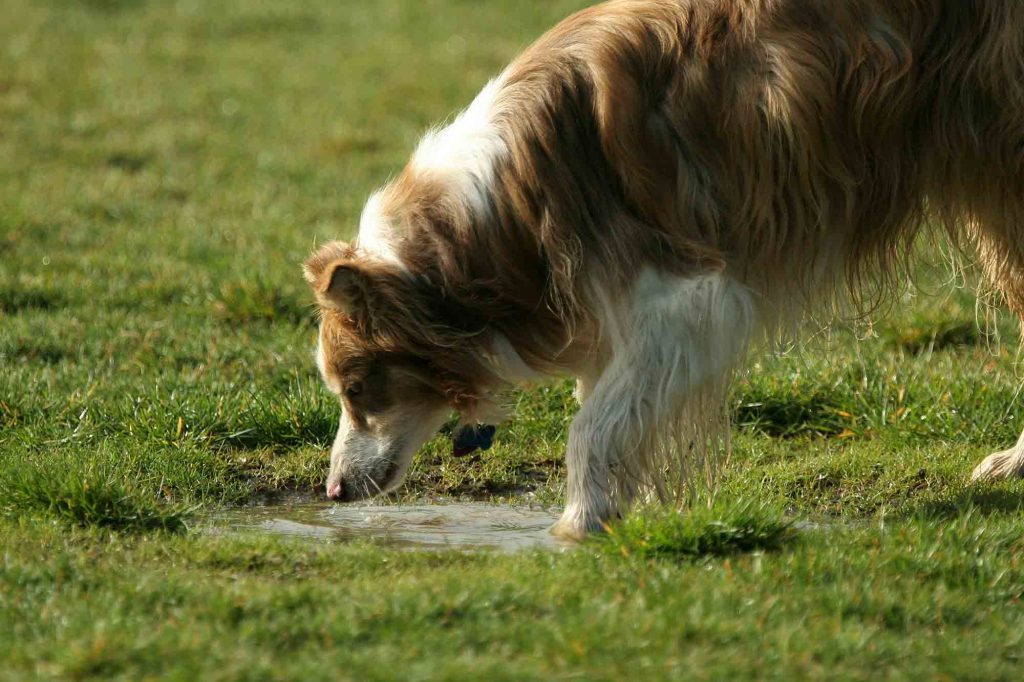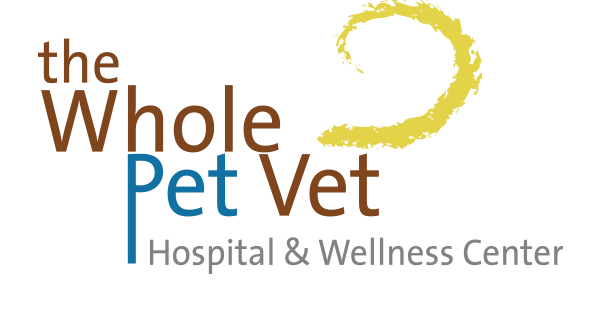Leptospirosis in Pets: What You Need to Know
 Are you the proud owner of an outdoorsy, water-loving canine? If your dog enjoys romping in lakes, streams, rivers, woods, or even taking the occasional drink from a stagnant puddle, he or she is at risk of contracting leptospirosis.
Are you the proud owner of an outdoorsy, water-loving canine? If your dog enjoys romping in lakes, streams, rivers, woods, or even taking the occasional drink from a stagnant puddle, he or she is at risk of contracting leptospirosis.
Fortunately, avoiding this dangerous disease isn’t complicated. Your friends at The Whole Pet Vet want to help you learn about leptospirosis and what you can do to protect your pet.
The Down and Dirty
Leptospirosis is a disease caused by the bacterium Leptospira interrogans. It can be contracted through contact with contaminated water or soil. Leptospirosis is commonly spread via the urine of infected skunks, raccoons, coyotes, and other wildlife.
Cats are susceptible to leptospirosis, but dogs are more commonly exposed to the bacteria by breathing in or ingesting contaminated soil or water. Humans can also be infected.
Exposure Risks and Symptoms
Leptospira is a hardy bacterium. It can survive for long periods of time in swamps, streams, lakes, standing water, mud, and moist soil. The leptospirosis organisms travel through an infected animal’s bloodstream, and eventually make their home in the kidneys where they can wreak havoc.
Symptoms of leptospirosis generally develop anywhere from 2 to 12 days after infection and may include:
- Weight loss
- Fever
- Loss of appetite
- Vomiting
- Lethargy
- Muscle pain or stiffness
If diagnosed in the early stages (through a blood test), treatment is relatively straightforward and includes antibiotics, fluid replacement, monitoring organ health, and preventing secondary infections.
If left untreated, leptospirosis can lead to dangerous bleeding in the lungs, kidney failure, or liver failure.
Preventing Leptospirosis
Having your pet vaccinated against leptospirosis is the best protection against contracting the disease. Your veterinarian will be happy to assess your pet’s risk of coming into contact with leptospirosis, and will work out a vaccination schedule tailored to your individual pet.
Other measures you can take to reduce your pet’s risk include:
- Prevent your pet from ingesting water and soil in areas where wildlife are present (including urban areas where skunks and raccoons live).
- Stay on maintained trails and paths while hiking or walking.
- Keep your pet leashed at all times while out and about.
- If your pet is suspected of having leptospirosis, keep him or her quarantined. Leptospirosis is a zoonotic disease, meaning it can be transmitted to humans, so keep your pet away from family members and bring him or her to the vet as soon as possible.
For questions and concerns, or to learn more about leptospirosis and your pet’s risk, please contact the staff at The Whole Pet Vet.
